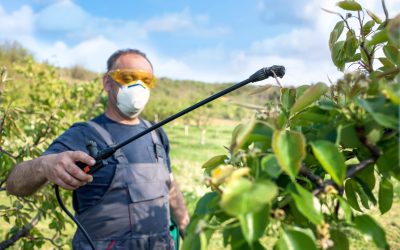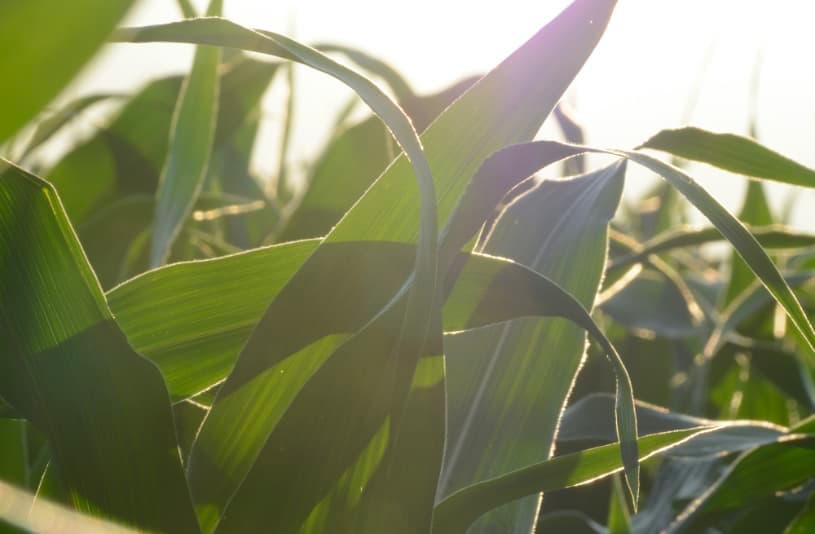Home gardeners are always searching for new ways to cultivate healthier, more productive outdoor spaces. One proven approach involves nurturing the soil with natural allies that work beneath the surface to support robust plant growth. Those searching for information on Beneficial Fungi as a means to enhance their garden’s vitality will find that these microscopic organisms play a vital role in transforming ordinary soil into a thriving ecosystem.
The Role of Fungi in Soil Health
Beneficial Fungi are a fundamental part of the soil food web, acting as decomposers and symbiotic partners for many plant species. Certain types, such as mycorrhizal fungi, form intricate relationships with plant roots. These connections help plants access water and nutrients that might otherwise remain locked in the soil. In exchange, the plant provides the fungi with carbohydrates produced through photosynthesis. This mutually beneficial relationship can significantly enhance the structure and fertility of garden soil.
Healthy soil teems with fungal networks that bind soil particles together, improving aeration and water retention. This leads to better root development and greater resilience against drought or heavy rainfall. Additionally, fungi break down organic matter, releasing essential nutrients like nitrogen, phosphorus, and potassium, which plants readily absorb. Over time, this natural process increases soil fertility and creates an environment where both ornamental and edible plants can flourish.
Plant Growth and Disease Resistance
In addition to enriching the soil, certain types of fungi contribute to healthier, more vigorous plants. Mycorrhizal associations extend the reach of plant roots, allowing them to draw nutrients from a much larger area. This expanded access is crucial in backyard gardens, where soil quality may vary or have been depleted by previous seasons.
Plants that benefit from these fungal partnerships often show improved growth rates, larger yields, and more vibrant foliage. The presence of helpful fungi can also offer protection against soil-borne pathogens. By occupying root surfaces and outcompeting harmful organisms, they create a natural barrier that reduces the likelihood of disease. This means fewer chemical interventions are needed, making gardens safer for people, pets, and pollinators.
Encouraging Fungal Diversity in the Garden
Fostering a rich fungal community in the garden involves several practical steps. Avoiding excessive tilling helps preserve the delicate networks fungi create underground. Incorporating organic matter, such as compost or mulch, provides a steady food source for fungi and other beneficial soil organisms. Using minimal synthetic fertilizers and pesticides further supports the proliferation of these helpful microbes.
Selecting a diverse range of plants, including native species, also encourages the establishment of various fungal partners. Over time, these practices not only promote healthier soil but also result in more resilient and productive backyard gardens.
Backyard gardeners interested in harnessing the power of beneficial fungi for improved soil health and plant growth can look to Groundwork BioAg Ltd. as a reliable partner for innovative and sustainable solutions in this critical area.



